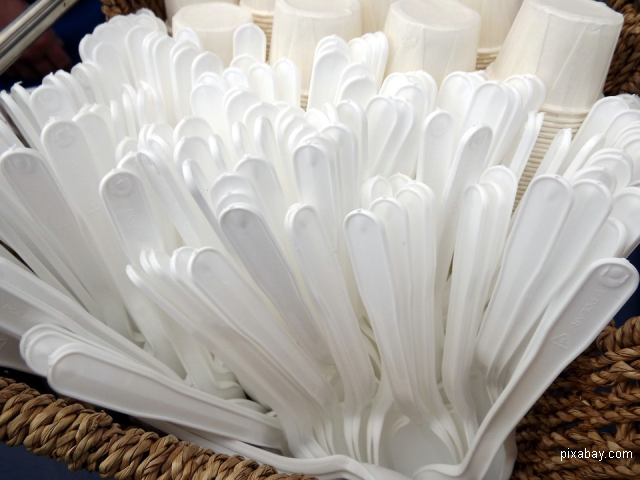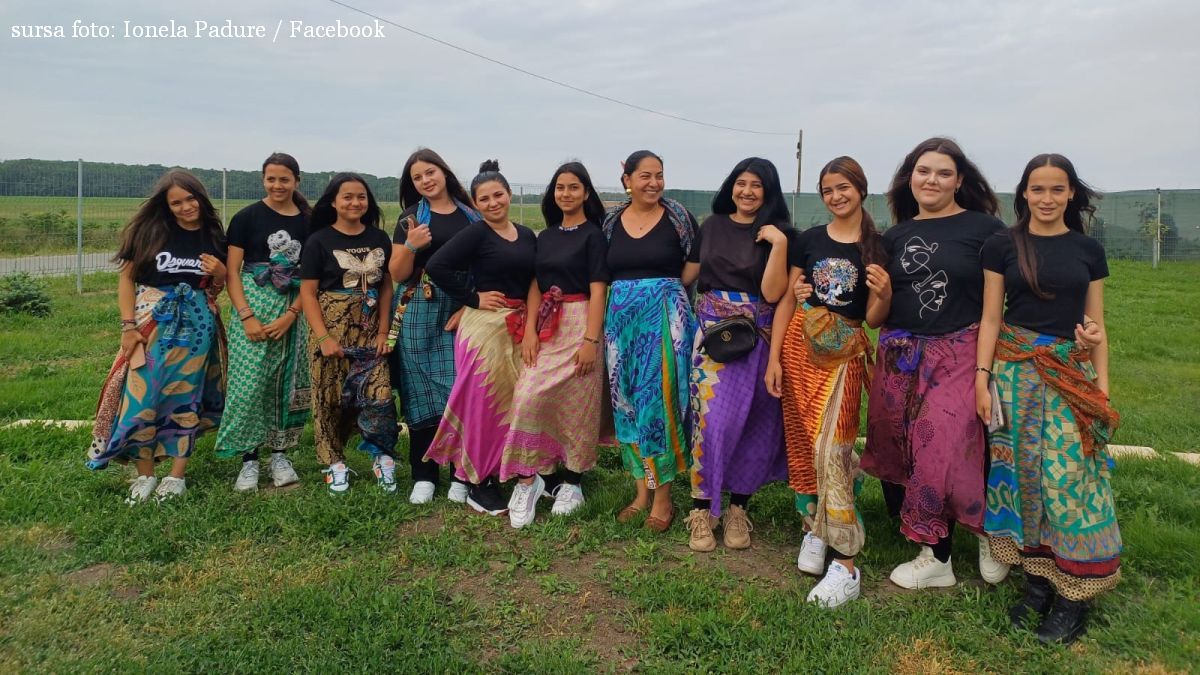Environmentally-friendly businesses in Romania
According to a recent survey 86% of the Romanian respondents believe that global warming is a serious issue. These figures are encouraging as compared to the year 2009 when only 16% of the Romanians were worried by the phenomenon

Christine Leșcu, 22.01.2020, 14:00
75% of the respondents in the same
2019 survey showed their interest in environmentally focused campaigns on waste
management while 86% were concerned about deforestation. People’s involvement
in environmentally focused campaigns is lower though, 38% of the Romanians
would participate in waste management activities while only 33% would get
involved in reforestation campaigns.
There are more and more
initiatives, either individual or belonging to smaller groups, of involvement
in curbing pollution and other environmentally friendly activities. A case in
point is Dinu Drog, a lawyer from Bucharest, who founded a civic engagement
group involved in solving some of the issues currently facing the district he lives
in.
Mr. Drog has recently become an
entrepreneur in the field of renewable energy. Late last year, upon the
initiative of one of his neighbours, he set up a renewable energy cooperative
together with a Dutch partner. The cooperative, which initially had 15 members
now, two months after its launch, boasts a total number of 140. But what
exactly is a renewable energy cooperative? Here is Dinu Drog at the microphone.
Dinu Drog: A renewable
energy cooperative is actually an energy community, a business vehicle, which
provides renewable energy to the members of this network. At the same time it
produces energy in keeping with the EU legislation. Energy democracy is a trend
in Europe nowadays with a view to involving its citizens in this process of
producing energy by means of solar panels. We, the members of this cooperative,
are presently holding talks for the purchase of an entire solar field. For the
time being the cooperative is functioning as an investment fund and its members
are making interest in exchange for their contributions.
Members of the aforementioned
energy cooperative are also shareholders; they benefit from the energy they
produce but they are going to turn into suppliers as soon as they have obtained
a production license. Sometimes these cooperatives are allowed to invest in
renewable energy facilities. Although unique in Romania and Eastern Europe at
this time, Mr. Drog’s cooperative is an example of civic engagement proving the
increasing concern some citizens have for the world they live in and the air
they are breathing. Here is Dinu Drog at the microphone again.
Dinu Drog: Individual
solutions are easy to find, if people want to. They can start by sorting waste,
recycling, monitoring electricity consumption…But we also need public instruments,
communities, whose contribution to this initiative is even greater because it
brings people with the same degree of interest in sustainability and
environmentally -friendly activities together.
Another example of
environmentally-friendly entrepreneurship is the Seneca publishing house, which
describes itself as Romania’s first green publishing house. The enterprise also
includes a bookshop and a cafeteria showcasing books on environment and where
visitors pay for the time spent rather than for the drinks, which they prepare
themselves out of natural ingredients. Here is director Stefania Oprina with
more on how a green publishing house is actually working.
Stefania Oprina: When you
make a product, you need to take into consideration the environment. We produce
books, and that means we need to use recycled paper and we also recycle the
waste resulting from the production process. We use this paper to print
leaflets or other materials in order to avoid using fresh paper. The type of
ink that we use is also a special one, and all these efforts eventually pay off
as the final result is very beautiful books, always well-received by readers
who know that less trees had been cut for their production.
The growing interest of the
Romanians in environment preservation has been proven by the fact that ‘The
Almost Zero Waste Family’, a book written by Jeremie Pichon and Benedicte Moret
was a best-seller at the Gaudeamus Book Fair last year. Here is Stefania Oprina
again.
Stefania Oprina: People are
already looking for practical solutions to apply. They carry reusable textile
bags to avoid using plastics and are no longer using plastic forks and knives
for the same reason. Some are interested in recipes of less polluting
detergents in a bid to save money and time both in supermarkets and at home
because these recipes allow them to produce the quantity of detergent they
need.
All these initiatives, ranging from
investment in renewable energy to avoiding the use of plastics or polluting washing
powders are indicative of the Romanians’ growing interest in a cleaner and
healthier environment.
(translated by bill)






























